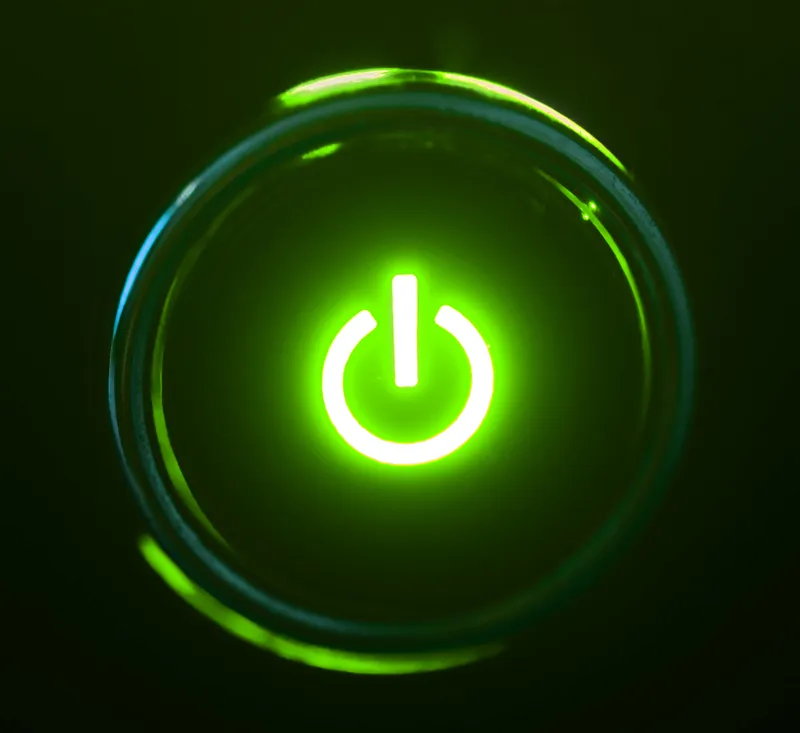Qualcomm Technologies also demonstrated simultaneous charging, in which two vehicles on the same track can charge dynamically at the same time, picking up charge in both directions along the track and in reverse.
The charging demonstrations took place at the 100-metre test track built by Vedecom at Satory Versailles, France, as part of the EU FABRIC project, which is looking at the viability of wireless DEVC.
Qualcomm Technologies and Vedecom integrated the transmission source portion of the Qualcomm Halo DEVC system into the test track, while Vedecom and Renault integrated the receiving portion into two Renault Kangoo vehicles.
Following the demonstration, the Qualcomm Halo DEVC system will be handed over to Vedecom to perform tests for FABRIC. These tests will evaluate the operation, safety and efficiency of energy transfer to the vehicles for a wide range of practical scenarios including vehicle identification and authorisation on entering the track, power level agreement between track and vehicle, speed and alignment of the vehicle along the track.
Qualcomm partnership demonstrates dynamic electric vehicle charging
Qualcomm Technologies, in partnership with Renault and Vedecom, has demonstrated dynamic wireless electric vehicle charging (DEVC), based on its Halo wireless electric vehicle charging technology (WEVC), to enable electric vehicles to charge dynamically at up to 20 kilowatts at highway speeds.
May 22, 2017
Read time: 2 mins








